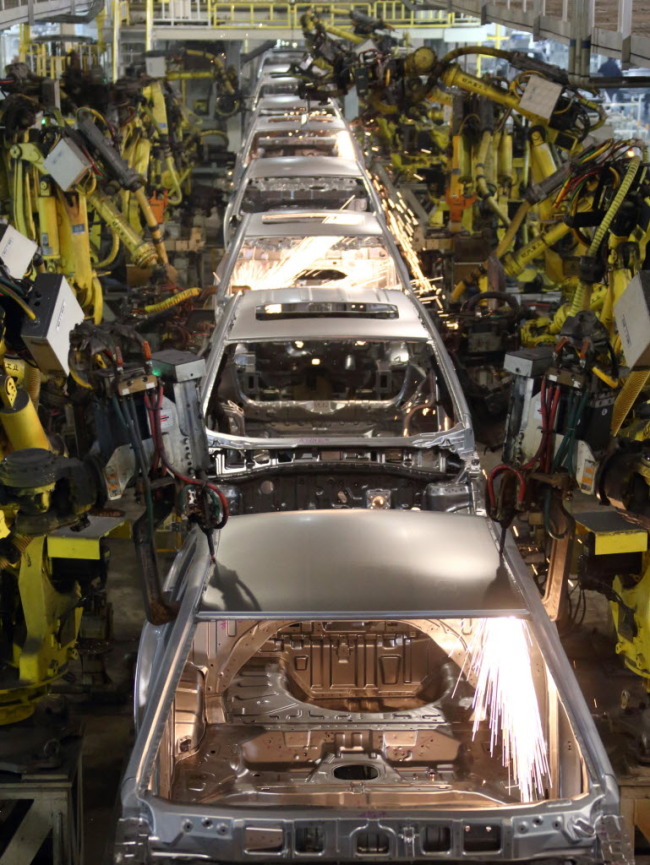A Chinese manufacturing gauge rose to a five-month high in May, sending Asian stocks higher on optimism the economy is stabilizing after government moves to counter a slowdown.
A preliminary purchasing managers’ index from HSBC Holdings Plc and Markit Economics was at 49.7, exceeding the 48.3 median estimate of analysts surveyed by Bloomberg News and a final reading of 48.1 in April. The number remained below the expansion-contraction line of 50.
Communist Party leaders are betting that measures such as tax breaks and faster spending on railways will help to achieve a growth goal of about 7.5 percent this year without larger-scale efforts such as a national cut in banks’ reserve requirements. At the same time, a property slump and slowing investment and retail sales threaten the pace of expansion.
“Some tentative signs of stabilization are emerging, partly as a result of the recent mini-stimulus measures and lower borrowing costs,” Qu Hongbin, chief China economist at HSBC in Hong Kong, said in a statement. “But downside risks to growth remain, particularly as the property market continues to cool. We think more policy easing is needed to put a floor under growth in the coming months.”
 |
| Robots work on the welding line at a Hyundai Motor Co. plant in Beijing. (Bloomberg) |
The MSCI Asia Pacific Index of stocks extended gains after the report, advancing 0.9 percent at 10:55 a.m. in Tokyo, while the Shanghai Composite Index reversed losses to rise 0.3 percent. The Australian dollar strengthened 0.1 percent.
The manufacturing report, known as the Flash PMI, is typically based on 85 percent to 90 percent of responses to surveys sent to purchasing managers at more than 420 companies. The final reading will be released June 3.
Estimates of Thursday’s number from 26 analysts ranged from 47.7 to 48.7.
A similar figure from the National Bureau of Statistics and China Federation of Logistics and Purchasing will be published June 1. That gauge rose to 50.4 in April from 50.3 in March.
Growth in industrial production, fixed-asset investment and retail sales unexpectedly decelerated in April and the property market has cooled, with a 22 percent drop in new building construction in the first four months.
Besides a government package of spending on railways and housing, and tax relief, the central bank has cut reserve requirements for some rural banks and called on the biggest lenders to accelerate the granting of home mortgages.
China’s growth fundamentals haven’t changed and the country is still in a “significant period of strategic opportunity,” President Xi Jinping said in a Xinhua News Agency report published May 10. At the same time, the government must prevent risks and take “timely countermeasures to reduce potential negative effects,” he said.
Signs of contraction in the HSBC-Markit PMI don’t mean industrial production is declining on an annual basis. Factory output rose 8.7 percent in April from a year earlier, according to a National Bureau of Statistics report. (Bloomberg)

